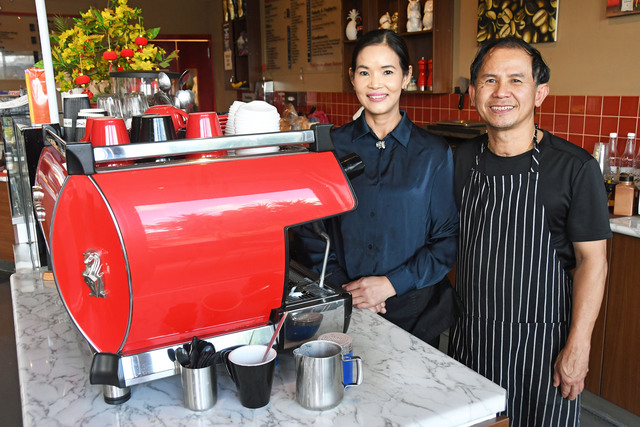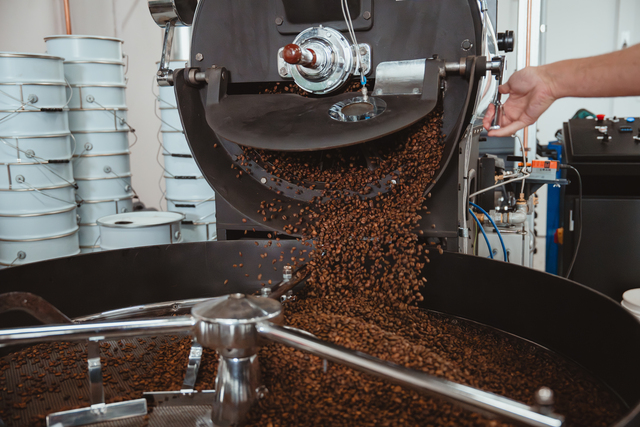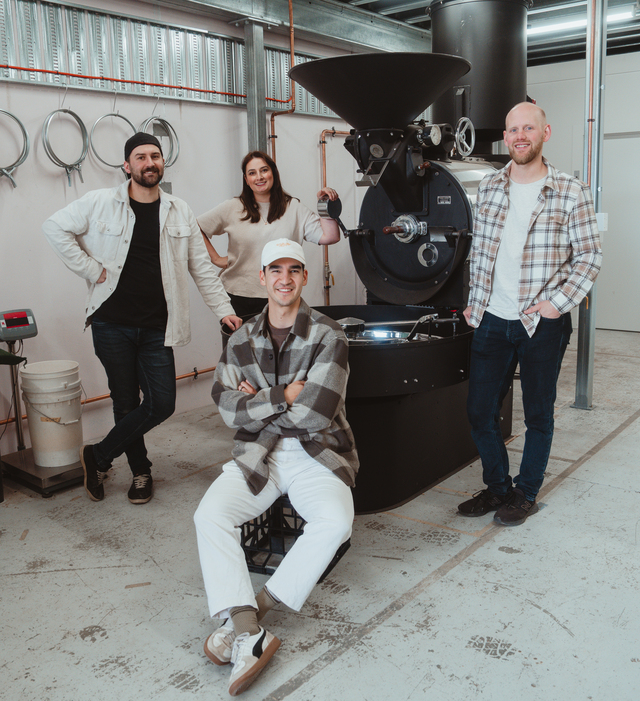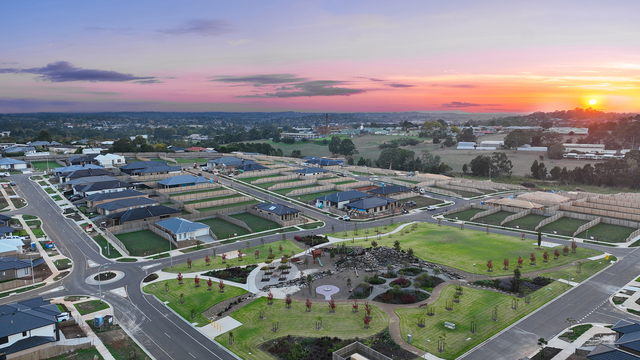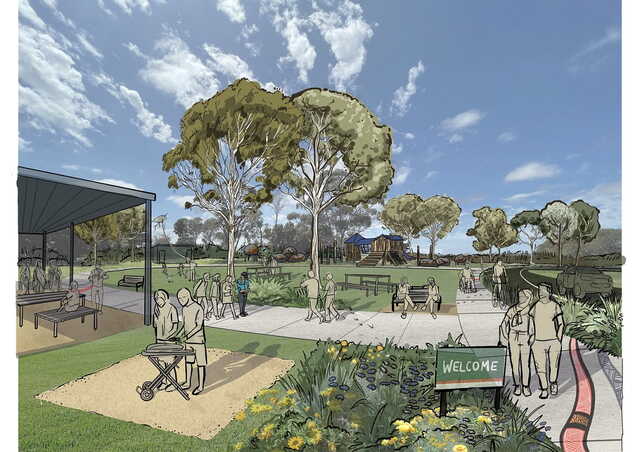The perfect way to start your day is a morning cup of coffee, but this luxury is increasingly becoming a privilege reserved for the few.
This shift is largely driven by the global coffee market, where prices have affected local cafes, roasters, suppliers and consumers.
Coffee on Bait owner Davy has been working overtime and employing fewer staff to ensure the business survives during these tough times.
“Customers are not happy, because they don’t want to spend more and we are trying to keep the prices reasonable. Businesses around me are really suffering because the bills have gone up.“
“Before people come earlier to have a coffee and breakfast, and then come back for lunch. Now if they come for coffee in the morning, they don’t want to come for lunch.”
Director of Bermuda Coffee, Ben Schreurs said coffee is a globally traded commodity, and regardless of its origin, grade or quality, its negatively impacted by fluctuations in the market price.
The global coffee market has experienced a “sharp” price increase due to supply and demand factors.
“It doesn’t matter who you are, what coffee you’re buying, you’re going to notice that increase and it has been sharp.The last six months in particular, there’s been very, very sharp increases in price and very regularly,” Ben said.
“Demand is increasing globally for coffee, and that’s mainly due to China’s consumption and it’s doubling about every five years.“
“There is a supply shortage and that has been driven by predominantly climate factors that are affecting the growth of the crop so the yields are down. Brazil and Vietnam are major coffee producers and they have been really hit by irregular weather patterns and poor-yielding crops.“
As a coffee roaster, the biggest concern when planning for next year is ensuring a consistent supply of high-quality products.
“Some coffee exporters and producers are asking for payment up front. That’s been a big change and that presents a big challenge for cash flow because it takes months for the coffee to arrive.“
“It has forced us to change up a couple of our ingredients for our blends while still maintaining consistency of flavour.“
“We were drawing a lot of coffee from one farm in particular and now we’re having to reduce that intake.“
Despite the “volatility” in the market, Bermuda Coffee values transparency and fairness in their approach.
“We are essentially selling coffee today at a price point, which is lower, but we’re buying coffee today at a much higher price point.”
“We’re worried that the market will keep going up and we would have to introduce yet another price rise. No one wants to put the price up multiple times. We’re doing our best to provide a fair price and be sustainable without just giving it away.
“We don’t want to put the price up too early because you don’t want to lose customers and you don’t want to risk them thinking that you’re too expensive compared to the market.“
“We’ve told some customers to expect price increases, but that’s something that we’re going to be communicating more in the next month. It’s more talking about what’s going on, this is why it’s happening.“
Ben’s advice for navigating the current market includes reducing the coffee dose per cup, adjusting milk amounts, and exploring smaller baskets to help cafes lower costs without sacrificing quality.
For consumers, investing in at-home brewing methods like a pour-over kit or an AeroPress could provide long-term savings compared to buying coffee at cafes.
The good from the market shift is that higher coffee prices could create a more sustainable industry in the long run.
“Coffee prices were probably too low for a very long time. Costs of production have gone up, costs of labor have gone up all around the world, yet farmers were getting the same return for their coffee and that had to break at some point
“If pricing is up, people get used to paying that little bit more, and at least the farm gets a better return. It might make it more sustainable in the long term.“

